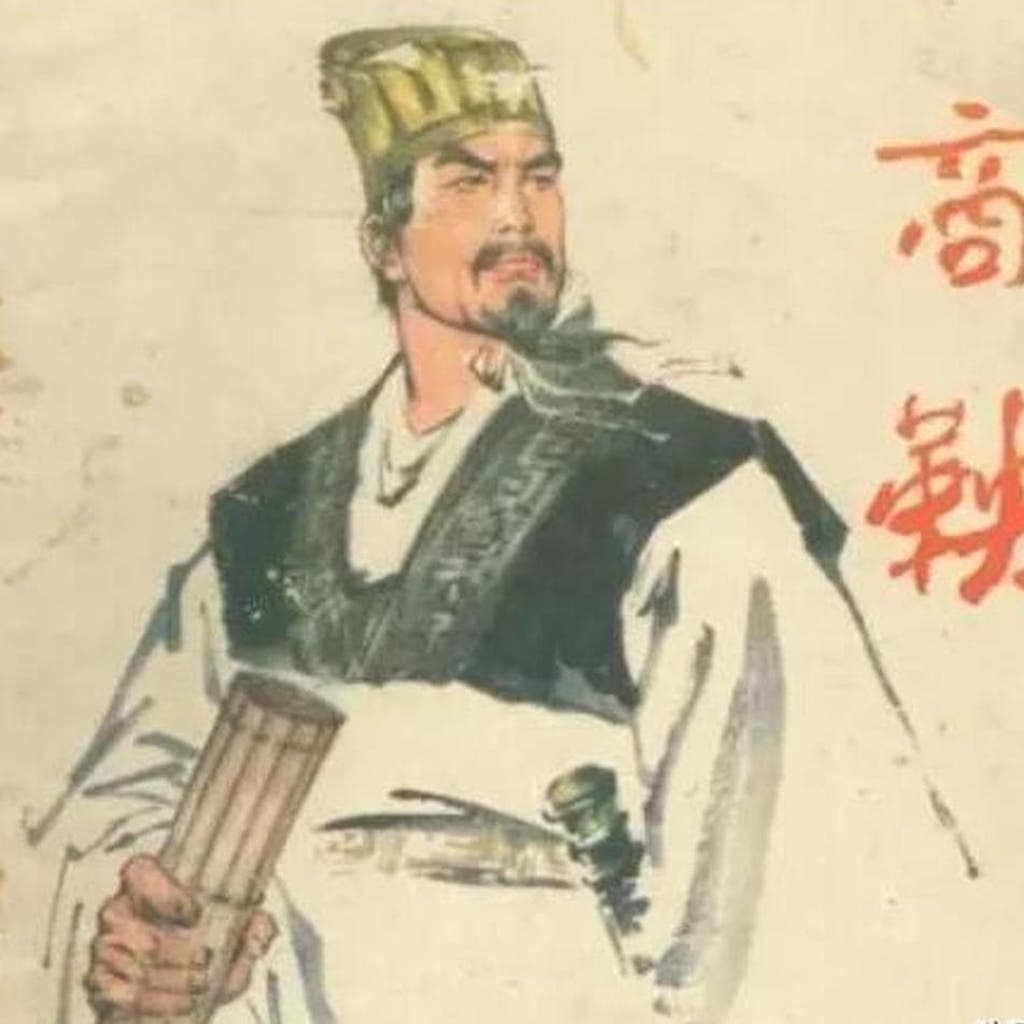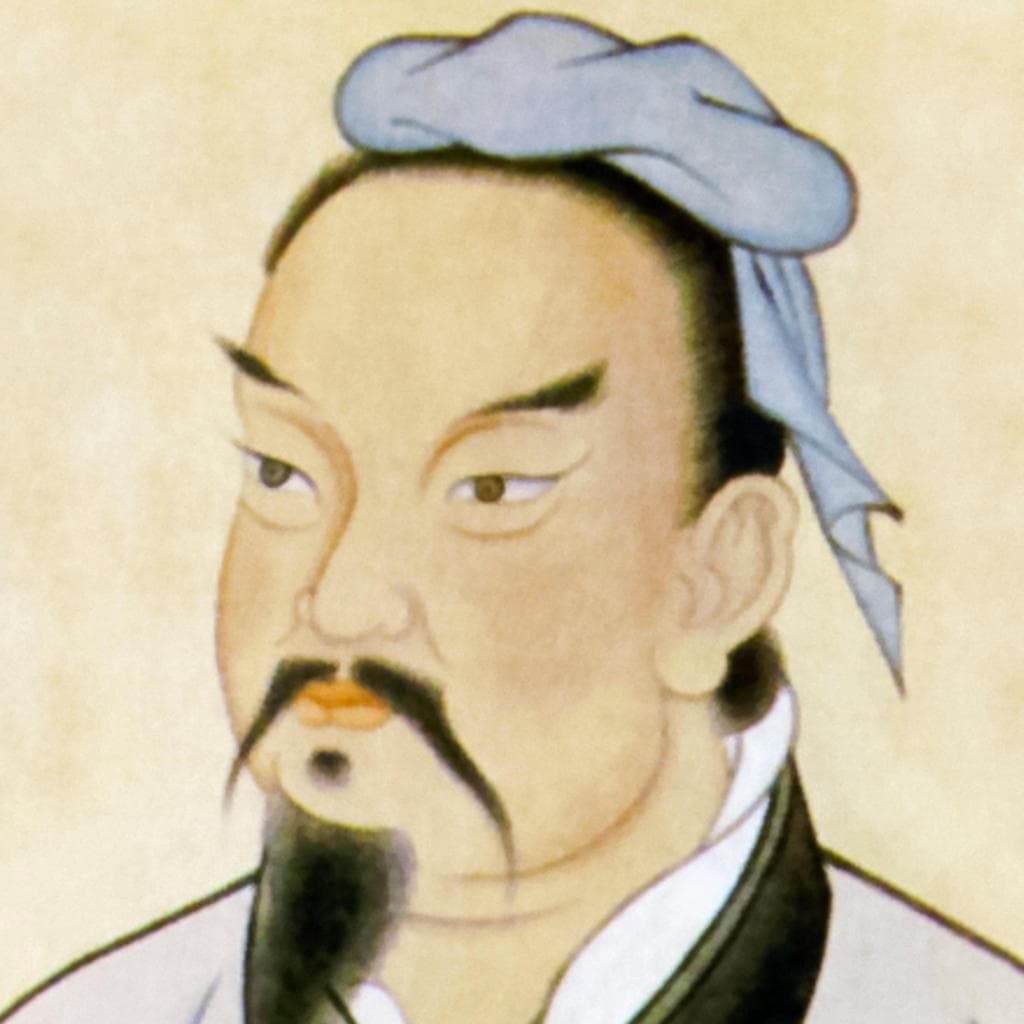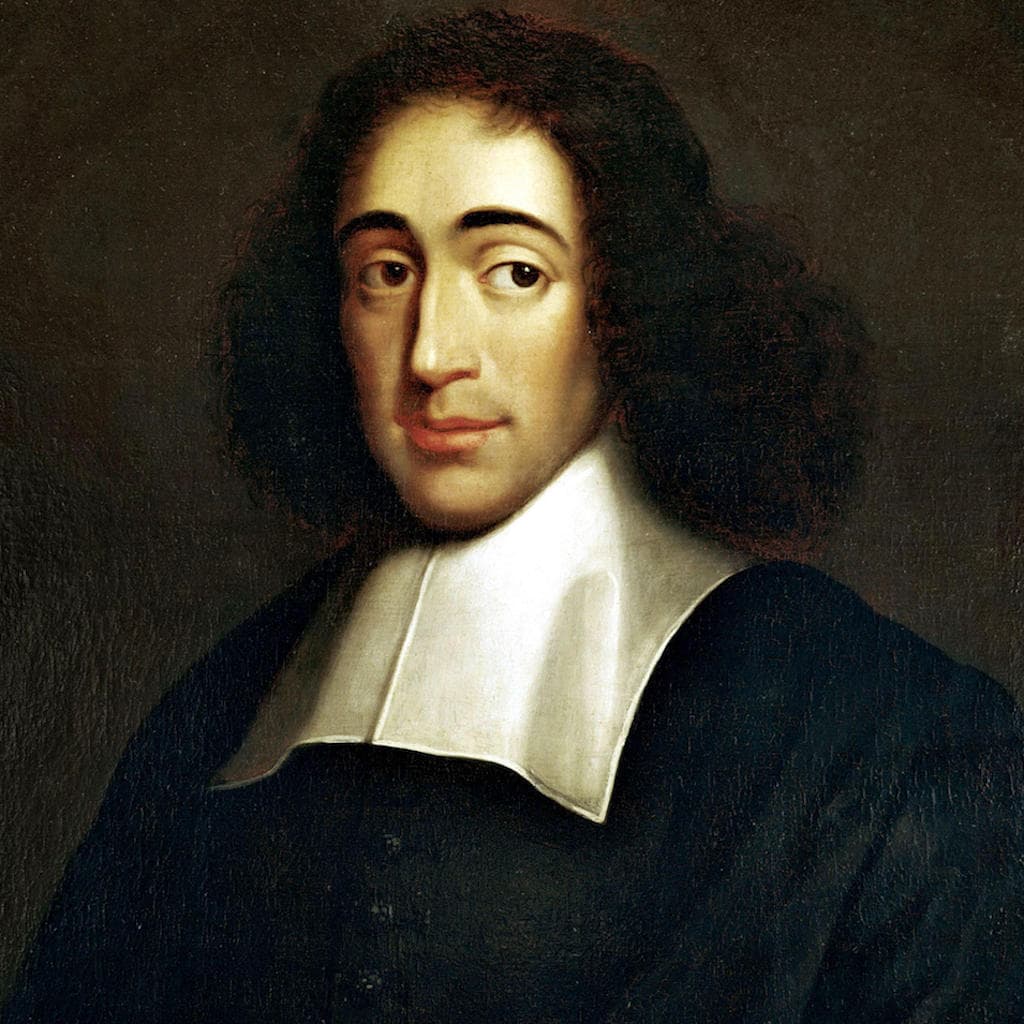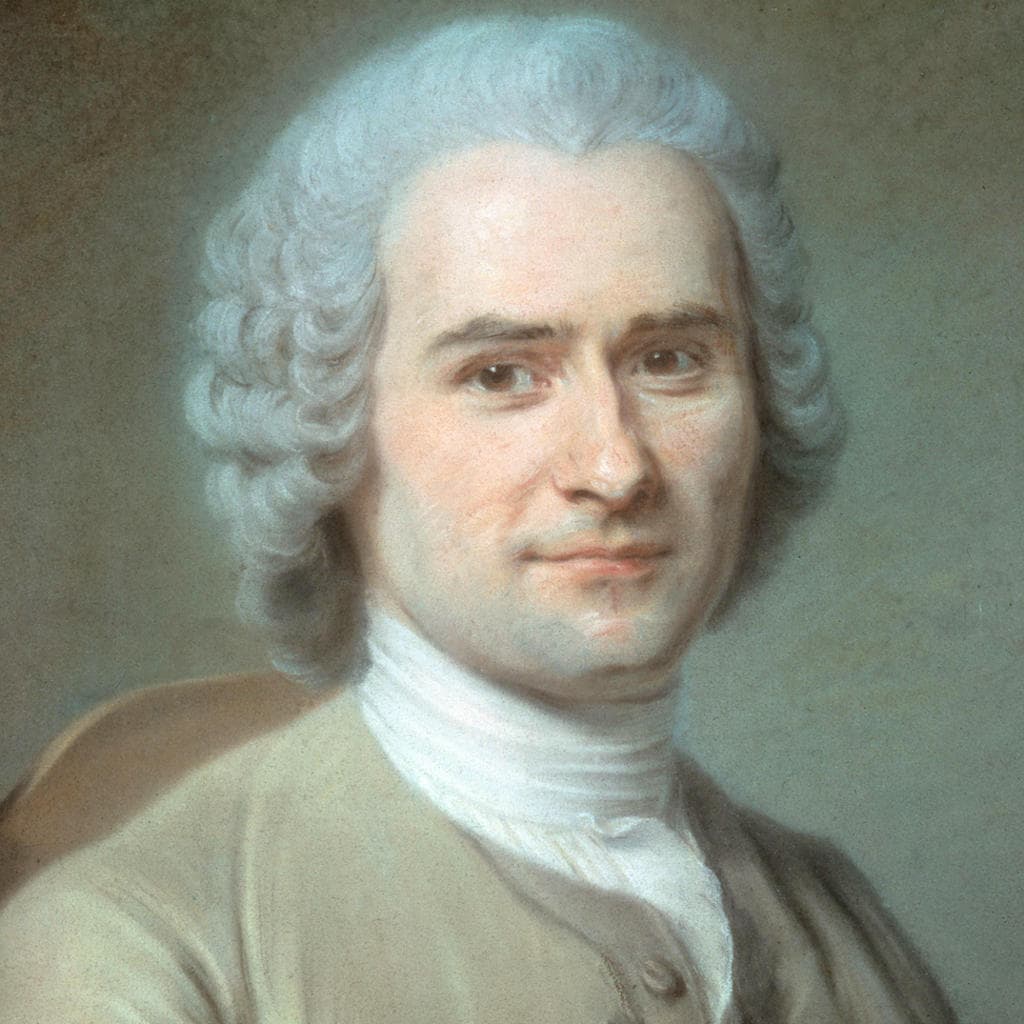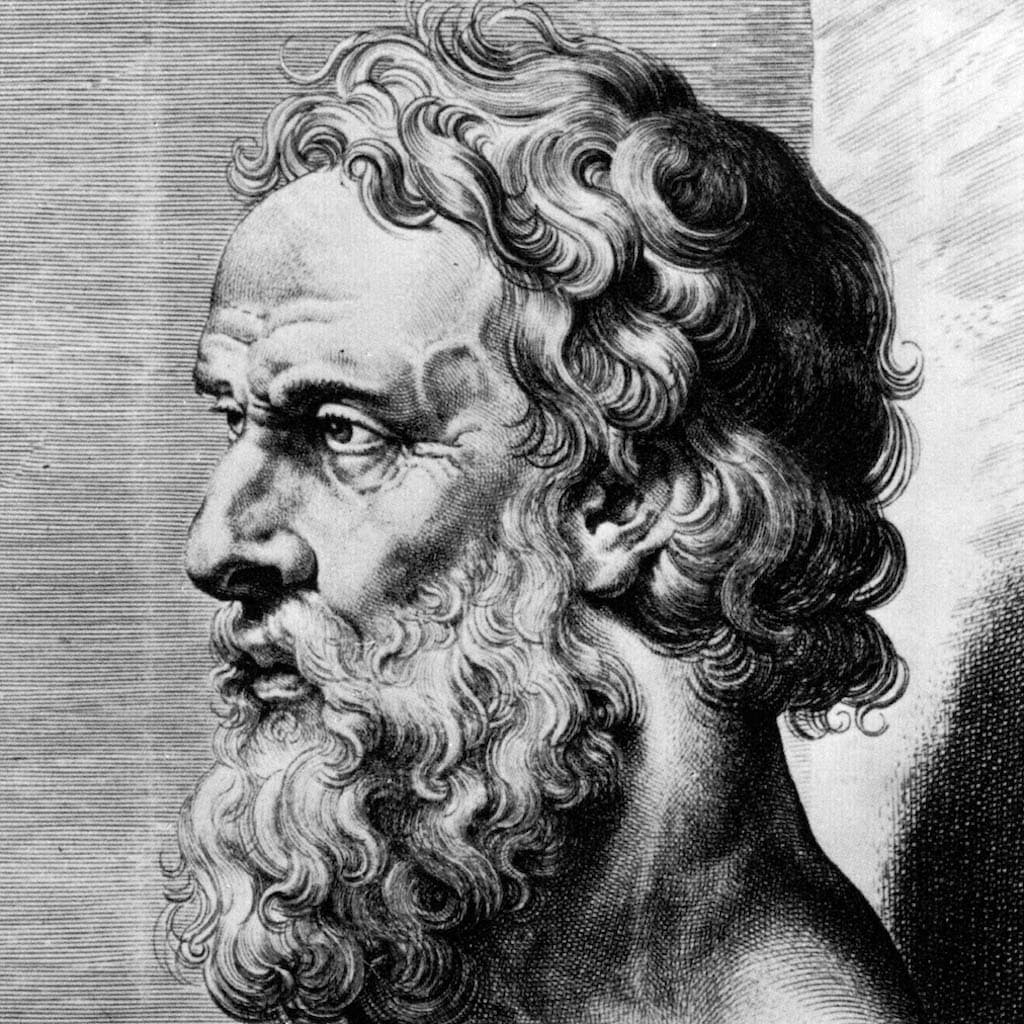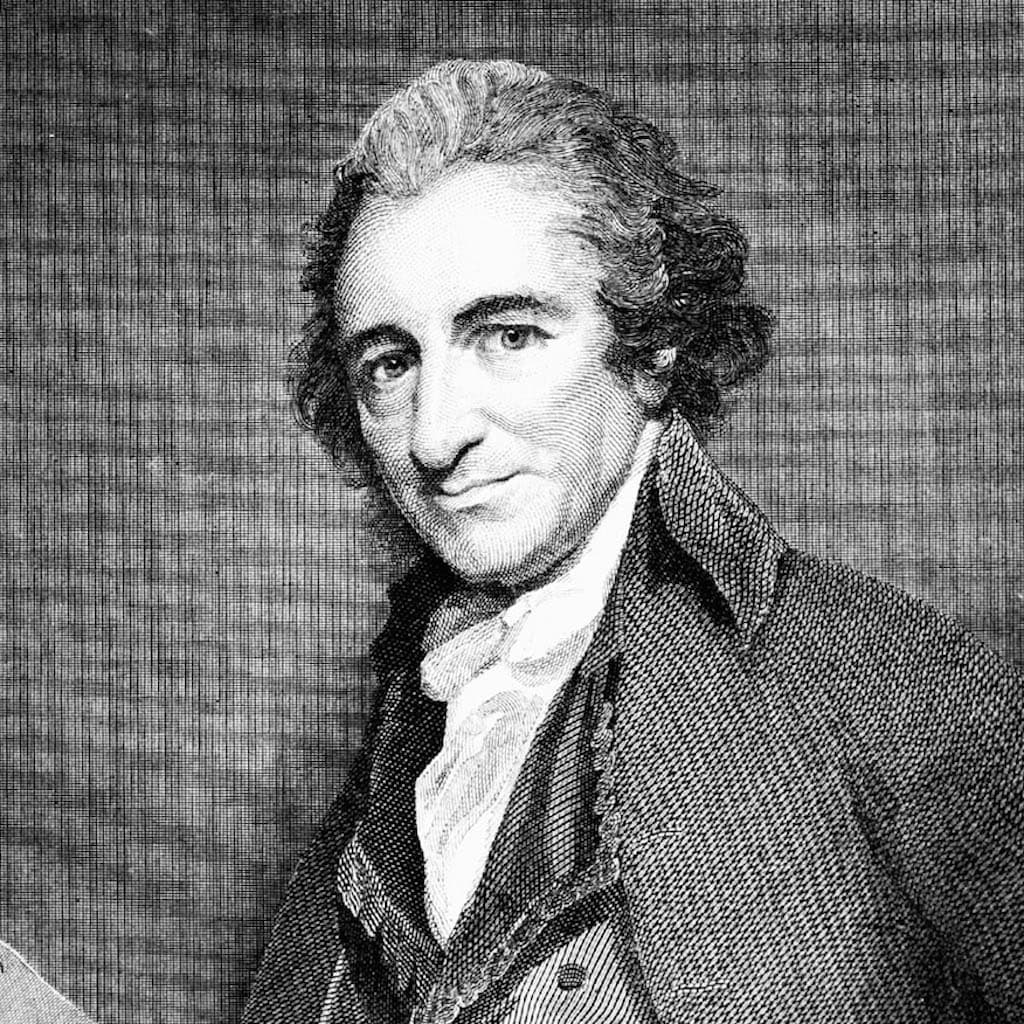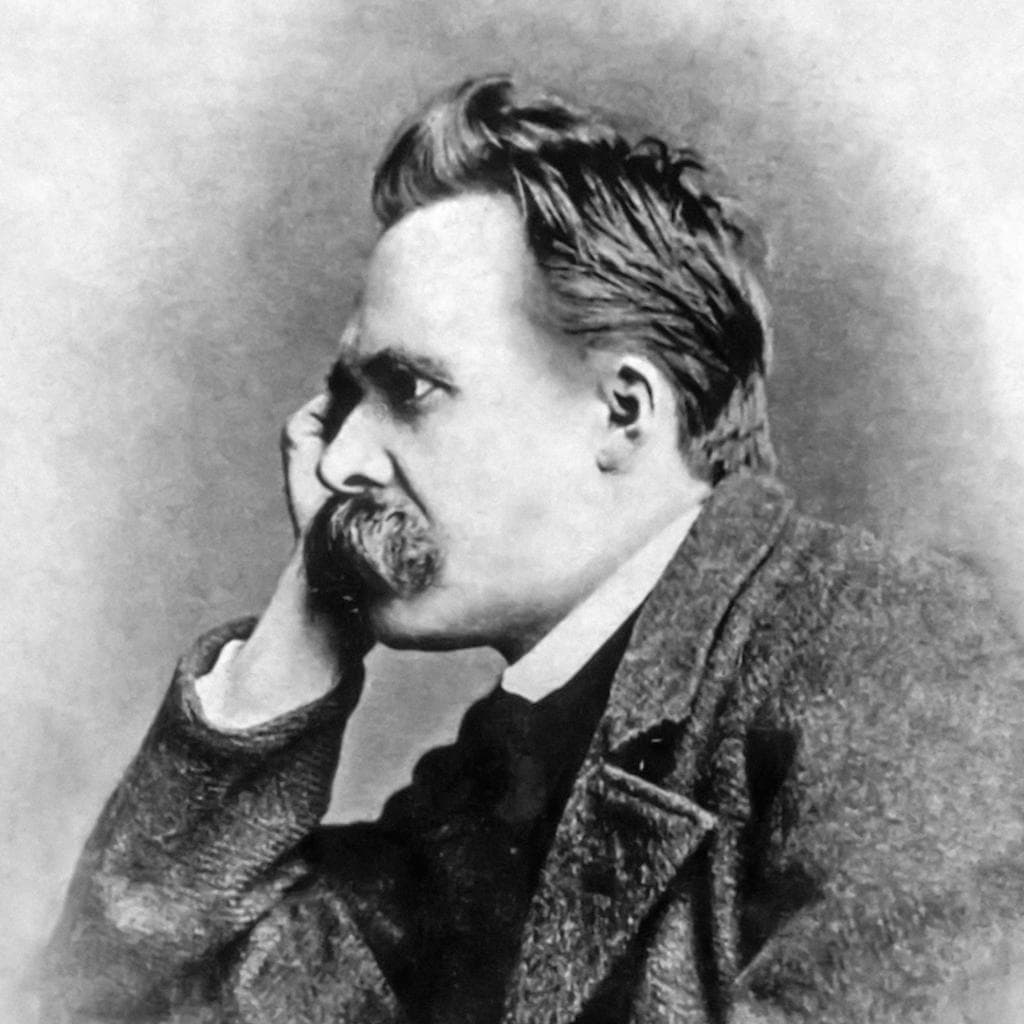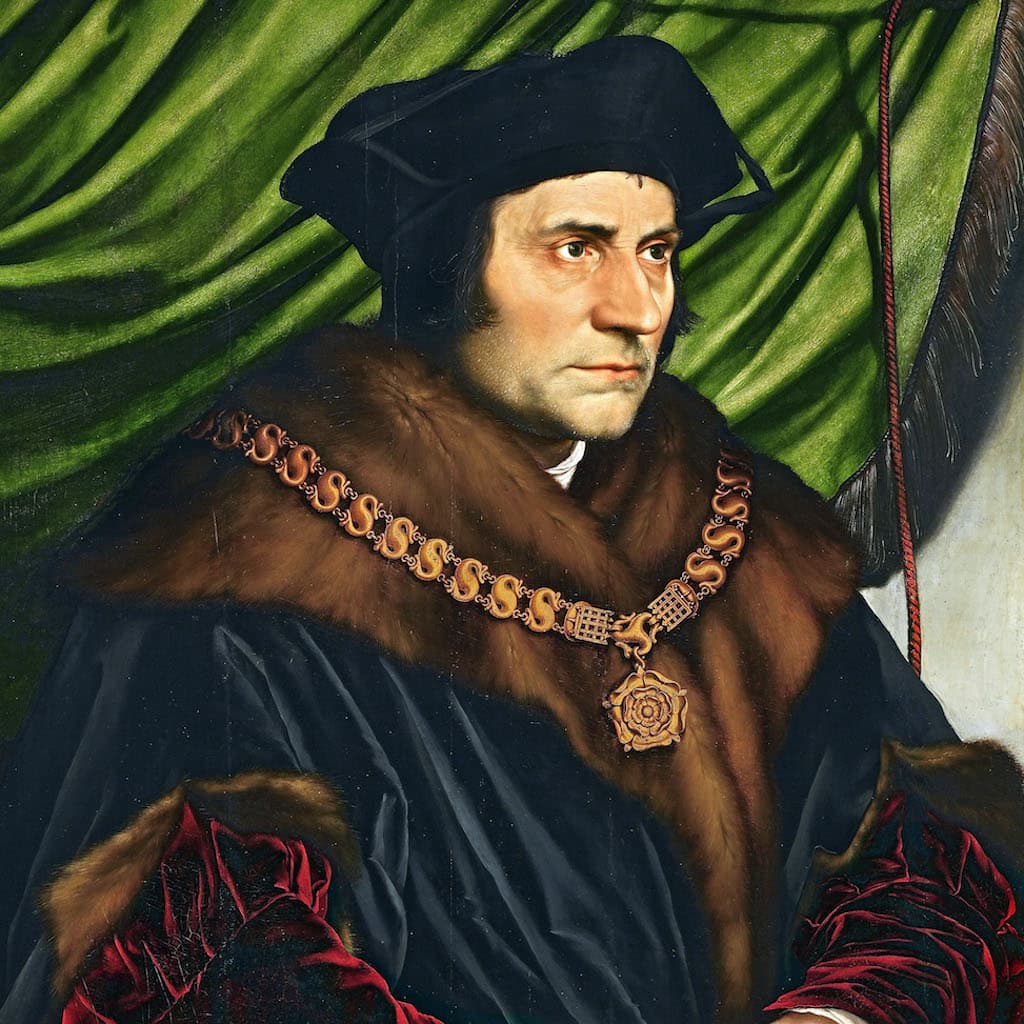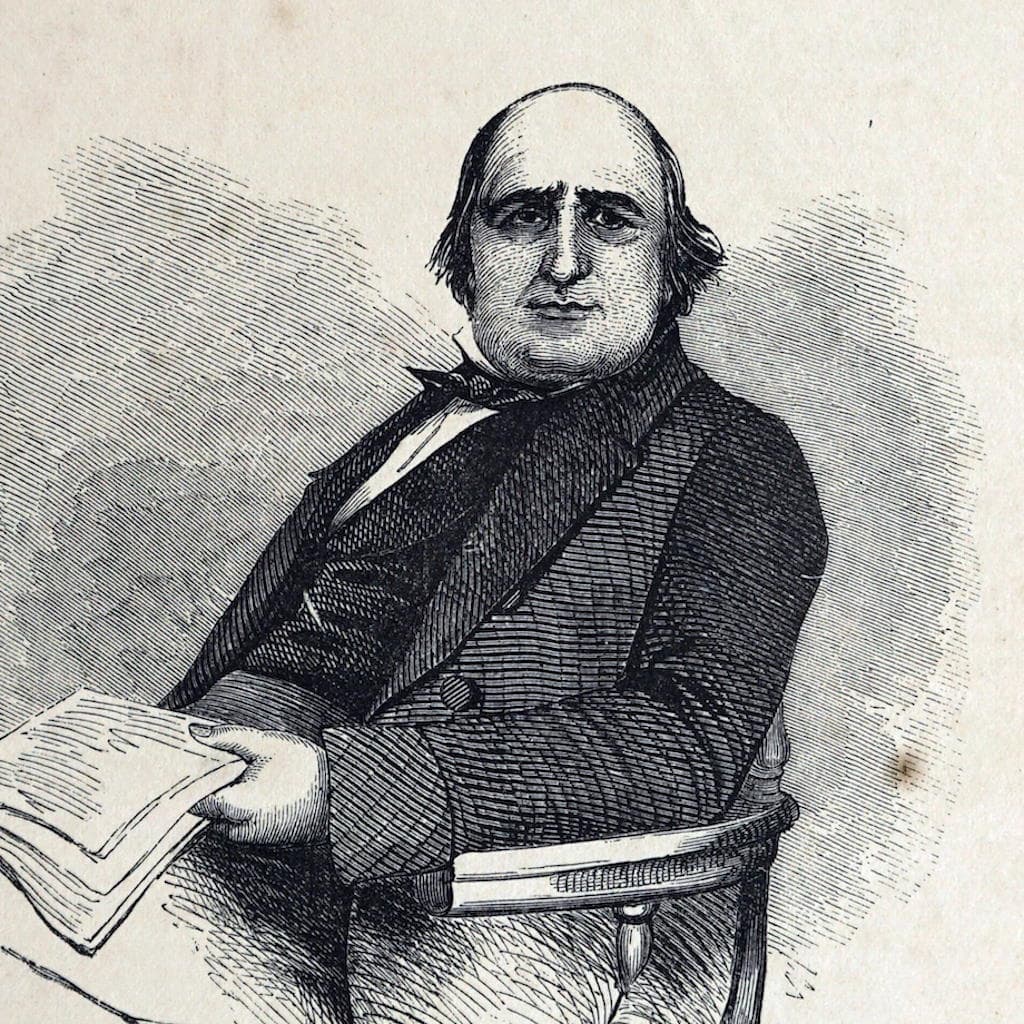BLOG POSTS
Archives: Book Authors
Yang Shang
Shang Yang (390 – 338BC) was an important Chinese statesman of Qin in the Warring States Period of ancient China. With the support of Duke Xiao of Qin, Yang enacted numerous reforms (in accordance with his legalist philosophy recorded in The Book of Lord Shang) in the state of Qin that helped to change Qin from a peripheral state into a militarily powerful and strongly centralised kingdom
Tzu Sun
Sun Tzu was an ancient Chinese military general, strategist and philosopher who is traditionally believed to have written ‘The Art of War’, an influential ancient Chinese book on military strategy. Sun Tzu has had a significant impact on Chinese and Asian history and culture, both as an author and through legend. During the nineteenth and twentieth centuries, ‘The Art of War’ grew in popularity and saw practical use in Western society, and his work has continued to influence both Asian and Western culture and politics.
Spinoza Benedict
Benedictus de Spinoza (1632 – 1677) was a Dutch philosopher of Portuguese-Jewish origin. While living quietly, working as a lens grinder, Spinoza wrote of highly controversial ideas which saw him expelled from his community. His ‘Ethics’, published posthumously, led him to be considered one of the great rationalists of 17th-century philosophy, laying the groundwork for the 18th-century Enlightenment and modern biblical criticism. Spinoza is considered to be one of Western philosophy’s most important philosophers.
Rousseau Jean-Jacques
Jean-Jacques Rousseau (1712 – 1778) was, arguably, the most original, profound, and creative writer of the eighteenth century, but also the most controversial, and his work continues to divide opinion to this day. His ‘Confessions’ recreates the world in which he progressed from incompetent engraver to grand success; his enthusiasm for experience, his love of nature, and his uncompromising character make him an ideal guide to eighteenth-century Europe, and he was the author of some of the most profound work ever written on the relationship between the individual and the state.
Plato
Plato (c. 428 B.C.-348 B.C.?) stands at the centre of philosophical thought in the ancient world, being the first person to approach philosophical issues systematically. Virtually every philosopher who came after Plato in antiquity was responding, either favorably or unfavorably, to what he had written. Plato’s thought was studied throughout the Middle Ages and the Renaissance, and holds a significant position in the history of Western philosophy.
Paine Thomas
Born in Norfolk, Thomas Paine (1737 – 1809) emigrated to the British colonies in America in 1774, in time to support and participate in the fight for American independence. Subseqently, he became involved in the French Revolution, and his book ‘The Rights of Man’ earned the respect of liberals throughout the world, international repute and the ire of the British Government. His popularity suffered a complete collapse with the publication of ‘The Age of Reason’, with its attack on Christianity, and religion in general, although, in time, the book could be seen to reflect the underlying trend in American thought in the eighteenth century, and ‘The Rights of Man’ to define many of the principles of both of the revolutions in whuch he participated.
Nietzsche Friedrich
When the German philosopher Friedrich Wilhelm Nietzsche (1844 – 1900) lapsed into insanity in 1889, he had little conception of the fame and controversy his works would come to attract. Initially influential on writers such as George Bernard Shaw and Thomas Mann, his ideas would be misappropriated by the Nazis in the 1930s to support their policies on anti-Semitism, nationalism and warfare. It would be some years, and with the benefit of better translations, before his works would become more properly evaluated.
More Sir Thomas
Sir Thomas More’s ‘Utopia’ is a complex, innovative and penetrating contribution to political thought, culminating in the famous ’description’ of the Utopians, who live according to the principles of natural law, but are receptive to Christian teachings, who hold all possessions in common, and view gold as worthless.
Mayhew Henry
Henry Mayhew (1812 – 1887) was a playright and journalist, and co-founder of ‘Punch’ magazine. He was a social reformer, and wrote a series of articles for ‘The Morning Chronicle’ on the plight of the poor on London’s streets. These were later collected into a book, ‘London’s Labour and London’s Poor’, a detailed and extensive account of life as it truly was on the streets of Dickens’ London.
